How To Insert Gifs In Verizon Message App
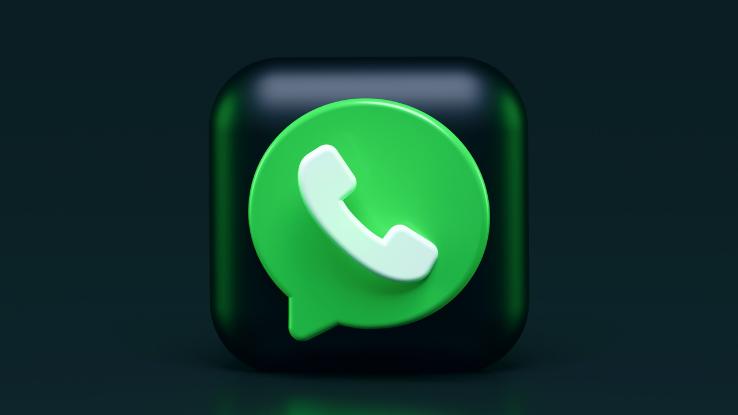
Instant messaging (IM) apps allow us to connect and communicate with one another in seconds. People who are separated by hundreds or even thousands of miles can converse as if they were standing right next to each other. WhatsApp is the undisputed king of instant messaging apps; over 2 billion users message family, friends, and business associates each month as of 2021. The bulk of WhatsApp's users live in India and in countries across Africa and South Asia. By and large, these users rely on the app day in and day out. Moreover, the COVID-19 pandemic has only prompted more people to create accounts on WhatsApp.
Despite its international popularity, WhatsApp has a somewhat diminished presence in the United States. About 72 million Americans have WhatsApp accounts as of 2021 — a number dwarfed by India's 400 million monthly users and Brazil's 108 million users. When WhatsApp experienced a massive outage on October 4, 2021, it was generally perceived as a minor inconvenience in the United States. However, other countries suffered much more severe setbacks. Numerous businesses were hampered and countless families were effectively cut off from one another. WhatsApp is up and running again, but there are still lingering concerns about the app's future. Facebook Inc., WhatsApp's parent company, has come under fire once more for engaging in potentially harmful and deceptive business practices.
Frances Haugen, a former Facebook product manager and member of the company's civic integrity team, spoke at length about Facebook's unscrupulous operations before a Senate subcommittee on October 6. Haugen expressed that she believes Facebook "has the potential to bring out the best in us". However, she also vocalized concerns that "Facebook's products harm children, stoke division, and weaken our democracy". Internal documents that Haugen presented suggest that Facebook intentionally promotes hate speech to specific users for the sake of bolstering engagement and virality. Congress has already considered breaking up Facebook (and other juggernauts in the big tech industry) after finding evidence that social media platforms misappropriate user data for profit.
Frances Haugen's testimony, alongside the October 4 outage, only strengthens the argument that Facebook has too much power over its users and not enough transparency with them.
What Is WhatsApp?
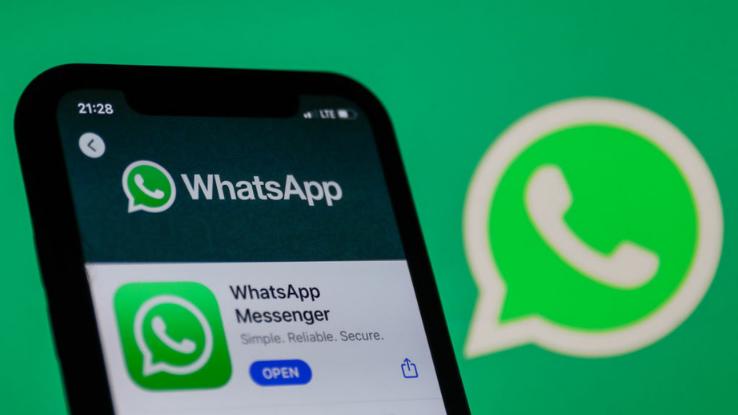
WhatsApp Messenger, better known as WhatsApp, has roots that stretch back to 2009. Brian Acton and Jon Koum, two former infrastructure engineers at Yahoo!, conceived WhatsApp after purchasing iPhones. After founding WhatsApp Inc., the duo devoted countless hours to developing their app. Despite numerous bugs and crashes, WhatsApp 2.0 hit the Apple App Store in August 2009.
Numerous competitors such as WeChat and Snapchat hit the market in the following years. However, WhatsApp continued to lead the pack by implementing consistent updates and numerous new features. Facebook Inc. took interest in this increasingly popular app and acquired WhatsApp in 2014 for $19 billion dollars.
Ever since this buyout occurred, WhatsApp has shared user information with Facebook. Users were previously able to opt out of this practice if they already had a Facebook account. On January 4, 2021, WhatsApp formally required all users to share their data with Facebook. In reality, the app has secretly dispensed user info since 2016.
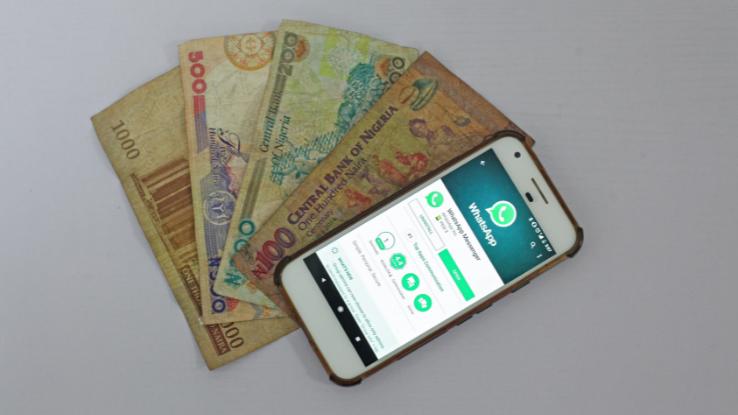
There's no one answer behind WhatsApp's success — rather, several key factors are at play. WhatsApp isn't the first instant-messaging service in history (that distinguished honor goes to ICQ). However, WhatsApp did hit the market in 2009, before many of its competitors were even a twinkle in their programmers' eyes. WhatsApp also boasts end-to-end data encryption. This feature makes it extremely difficult for third parties to access your messages and practically ensures that only you and the person/persons you're messaging can access the content you send. WhatsApp is also very in tune with its users, regularly adding attractive features such as read receipts and document sharing.
WhatsApp Business was also specifically created to cater to small businesses; merchants can contact their clients through the app, schedule automatic messages, and list their inventories for free. Speaking of free, WhatsApp allows users to make free international voice and video calls. It's not uncommon for families who are spread out across several countries to communicate exclusively through WhatsApp. WhatsApp Web even offers a desktop client that's become an increasingly popular substitute for Zoom.
What Caused the WhatsApp Outage?
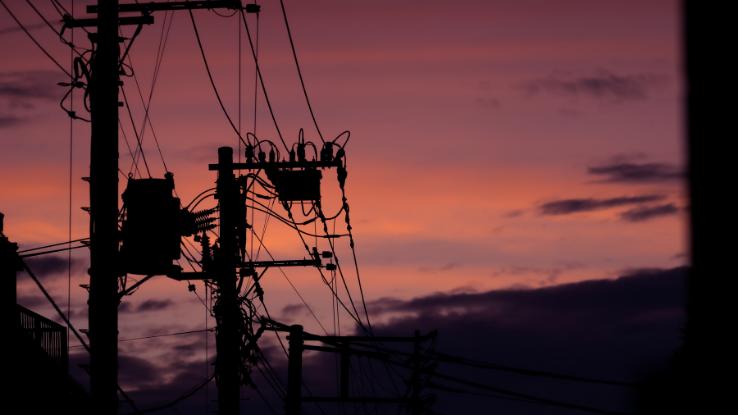
On Monday, October 4, 2021, Facebook experienced a severe outage that lasted for six hours. Facebook is the parent company of WhatsApp and Instagram, meaning these two apps were down for the count as well. Errors with the system that manages Facebook's "global backbone network capacity" were cited as the cause of the outage. Mark Zuckerberg, the CEO of Facebook, also stated that the outage prevented engineers from immediately responding. Facebook experienced a similar outage in April 2019 that was also linked to a data breach. Recent reports suggest that there is "no evidence of data leaks" this time around, but users across the globe are still vocalizing their frustrations.
Doctors and small businesses in India were compromised by the WhatsApp outage. Numerous citizens who turn to WhatsApp for news updates felt left in the dark. Even government agencies in the Philippines were dealt a huge blow by the WhatsApp outage. Software is bound to crash or stall sooner or later. To his credit, Zuckerburg admitted that the outage stemmed from "an error of our own making." However, WhatsApp's reliability is being called into question now.
Is WhatsApp Better Than Its Competitors?
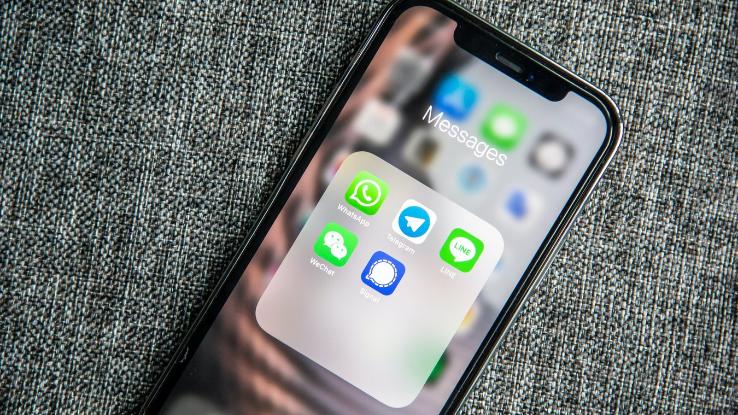
"Better" can depend on a number of factors; WhatsApp still has more than 2 billion users worldwide as opposed to Facebook Messenger's 1.3 billion users and WeChat's 1.2 billion users. End-to-end data encryption is also a major safety feature that can't be overlooked. A cursory scroll through WhatsApp's blog will reveal just how many updates this app receives and just how diligently the app's engineers work to consistently improve it. From a functionality standpoint, WhatsApp holds many advantages that its competitors simply lack.
But WhatsApp is far from flawless; the app was fined $266 million on September 2, 2021, for "data transparency breaches." The Irish Data Protection Commission issued this fine after discovering discrepancies between WhatsApp's user agreement and the actual ways the app manipulated data for users and non-users. For many, the question isn't "is WhatsApp better than its competitors?" Rather, certain people wonder if WhatsApp is still trustworthy? Facebook Inc.'s ongoing legal battles provide more food for thought; should users continue to use Facebook's products after the company has repeatedly been accused of abusing user info by former employees and government agencies?
WhatsApp isn't the only IM app on the market. In fact, there are plenty of messaging apps with proven track records and great transparency with users.
- Element (Free): End-to-end encryption and a user-created server federation.
- Keybase (Free): Secure messaging and file sharing as well as 250 GBs of free storage.
- Signal (Free): Boasts centralized encryption, group messaging, and file sharing.
- Threema ($3.99): Features end-to-end encrypted messaging by generating "Threema ID keys".
- Wire (Free): Offers secure chats, timed messages, and simultaneous use between 8 devices. A $7.65 "Enterprise" plan is available for teams and group conferences.
The October 4 outage is a reminder that we don't have to place all our eggs in one basket — or do all of our business on one app.
MORE FROM ASK.COM
How To Insert Gifs In Verizon Message App
Source: https://www.ask.com/culture/whatsapp-messaging-apps?utm_content=params%3Ao%3D740004%26ad%3DdirN%26qo%3DserpIndex
Posted by: stewartfralke.blogspot.com

0 Response to "How To Insert Gifs In Verizon Message App"
Post a Comment